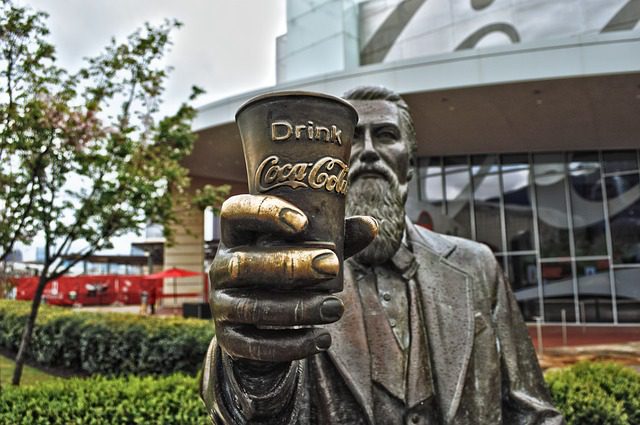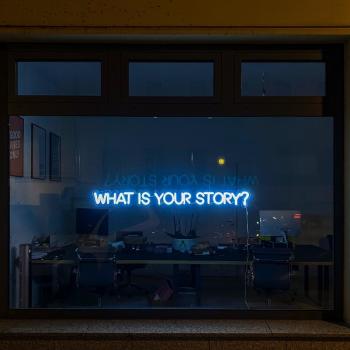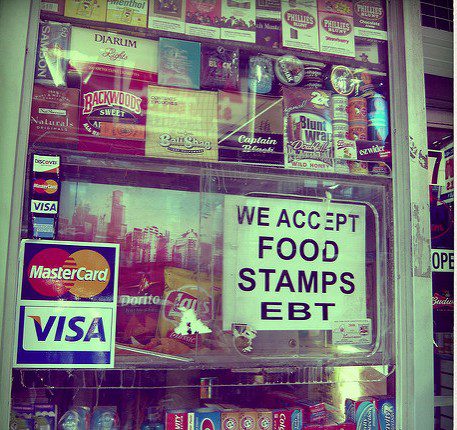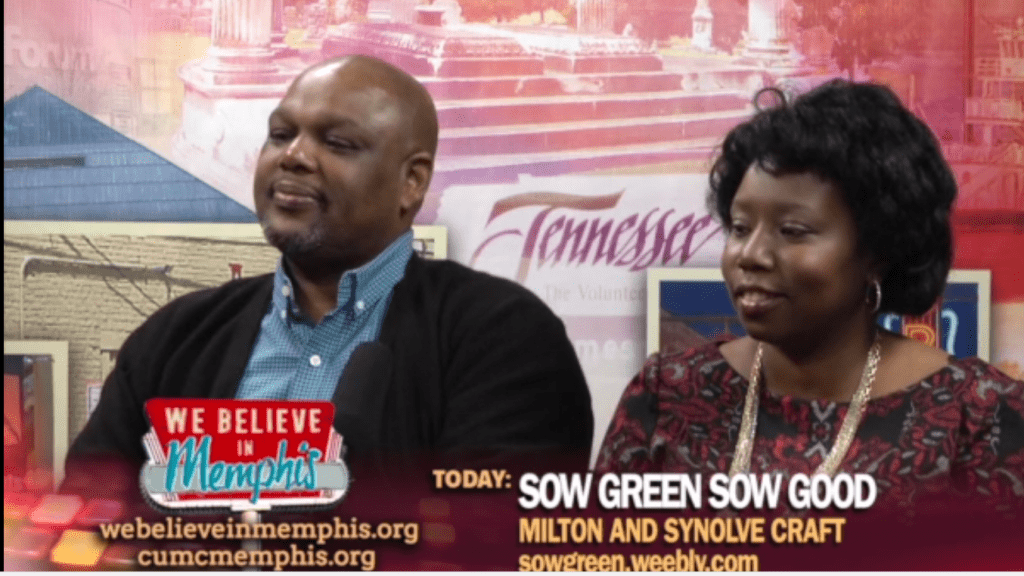Last year the Patheos Faith and Work Channel contacted leaders of some prominent community development and entrepreneurial organizations to talk about their attempts to transform communities through the growth of new businesses and attention to the dignity of work. The interviews were very popular and we’re going to be running some of them here again over the next few days. Enjoy!
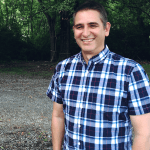 By Jim Wehner, Focused Community Strategies Urban Ministries
By Jim Wehner, Focused Community Strategies Urban Ministries
How did FCS come about? What is its mission?
Focused Community Strategies is a neighborhood based community development group. We partner with underserved neighborhoods to work on issues within the community, addressing poverty and development and producing a self-standing neighborhood revitalization. We have a single-neighborhood focus, although we do a lot of consulting and training with other organizations to do this in their own places. Our neighborhood is historic south Atlanta: about 9 blocks by 7 blocks, 3000 people, 550 single family homes, a couple of multi-family buildings, and commercial businesses.
How have work opportunities and other social projects from your networks actually transformed communities?
We have three programs to provide affordable housing to the neighborhood. We’ve studied how much low-income and rental housing a neighborhood can sustain and how much home ownership it needs. We’ve been able to move the percentage of home ownership from 15% to almost 40%: transitioning from solely low-income rental towards more of a mixed-income neighborhood. Then the quality of housing comes up, families stabilize, new people come into the neighborhood who are able to get housing themselves, not through us.
We’ve opened a thrift shop and coffeeshop and bike shop in neighborhood. We’re trying to sustain the thrift shop, but the coffee shop has become a bright spot. It’s the most positive gathering spot in the neighborhood and is about a year and a half away from being self-sustaining. It employs people from the neighborhood; 7 people total are employed at the coffeeshop and thrift store. We are training and preparing folks with a marketable skill, so that they could transition to the restaurant industry most probably, but certainly work in the broader economy. 3 kids left to go to college this last fall, and work at the coffeeshop was integral to them finishing high school and getting off to college.
We think one-sided charitable giving, if it never has to ask the question about dignity of recipient, then it never has to empower or build the personal dignity of the recipient. Almost all ministry that we do we are asking that development question: how are we empowering this person, how are we strengthening their capacity. Over time that’s how you make a difference.
Any failures in the process, and what instructive lessons did you take from them?
Our bike shop is a youth development organization, but lots of youth who have started with it have chosen to go another direction. The pull of the streets is powerful and heartbreaking. Another situation was a family who started with the housing program. We got them a 20-year no-interest loan (after home ownership training). Then they stopped paying the mortgage, and got two really nice cars; the cars were a more important symbol of success. We hold people accountable for decisions, we won’t keep giving assistance towards a house if they’re not making good choices for stability. Last week had to let an employee go who had worked in the thrift store for two years. We coached and coached, worked and worked, but she started to spiral. Folks are waiting for these jobs and had to let her go. These kinds of decisions happen regularly. It’s a long-term viewpoint; there are no quick fixes.
Learn more about FCS here. Images: Pixabay and FCS.


